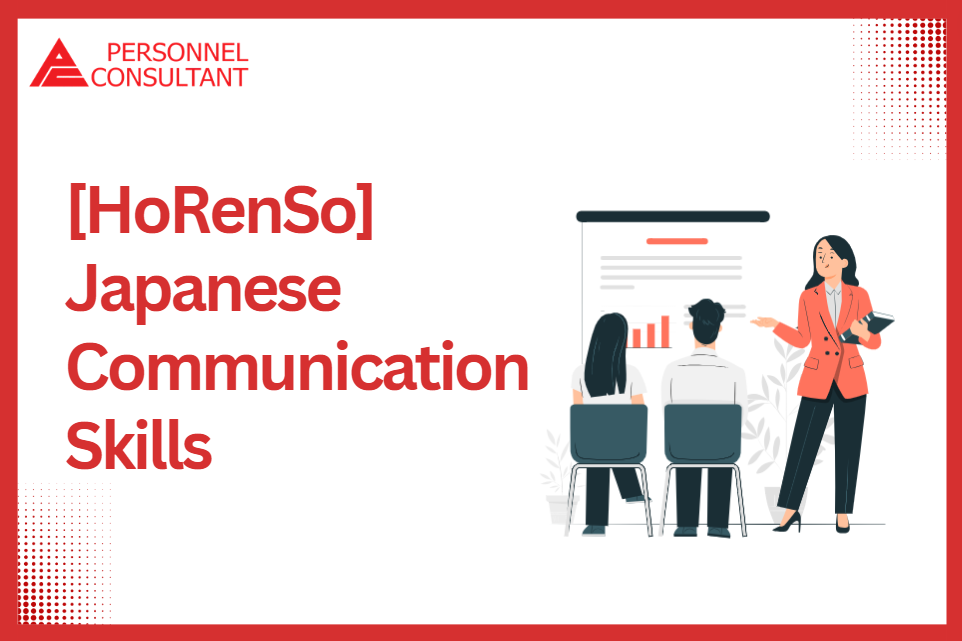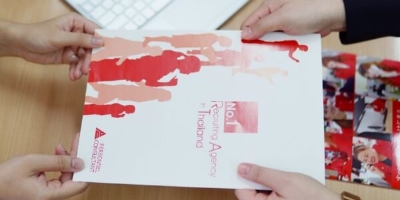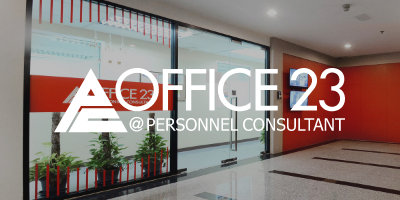
In today’s workplace, communication is a key factor in achieving success and goals within an organization. Sometimes, misunderstandings between superiors and subordinates arise due to various reasons. Apart from language barriers, this can stem from differences in understanding and knowledge of the work, as well as diverse backgrounds. This becomes even more crucial when working with international organizations, such as those in Japan. Today, we have some recommendations on how to improve communication between superiors and subordinates in the workplace.
Many of you who have worked in Japanese companies may already be familiar with HoRenSo. However, for those who are about to start working in Japanese companies or are interested in doing so, let’s learn and understand HoRenSo together. Guaranteed smooth work and satisfaction from Japanese employers!
The term “HoRenSo” is an abbreviation of three Japanese words, namely
1. 報告 (Houkoku) : Reporting
Reporting involves providing updates on progress, situations, or results of assigned tasks to superiors or relevant parties. Reports should emphasize accuracy, promptness, and completeness. Japanese employees prefer regular updates on work progress, whether through meetings or emails, ensuring comprehensive communication by informing all relevant parties.
What to report:
– Periodic progress reports
– Result-oriented reporting
– Reporting problems
Key points of reporting:
– Consistency
– Timeliness
– Accuracy
– Immediate notification of adverse situations
2. 連絡 (Renraku) : Communication
In a workplace, effective coordination across different departments, both internally and externally, is essential for success. This involves communication with teams, partners, and suppliers. Good collaboration requires proactive and appropriate communication methods, such as verbal communication, phone calls, or emails.
When communicating with superiors, continuous and timely communication and reporting of work processes are necessary. Urgent matters should be promptly communicated, preferably through suitable channels such as phone calls or messaging applications.
Key points of contact:
– Timeliness and appropriateness
– Accuracy and clarity
3. 相談 (Soudan) : Consultation
Consultation involves discussing and brainstorming solutions when facing problems or different situations with superiors or relevant parties. It includes preparing proposed solutions to present for problem-solving.
Key points of consultation:
– Promptness
– Clarity in presenting issues and proposed solutions
– Gratitude for advice received
– Immediate notification of problem resolution
While this article discusses Japanese communication and work principles, it can be applied in any organization. We believe that communication is crucial in every organization, whether it’s a Japanese company, a Thai company, or an international one. Therefore, everyone can adapt and apply these principles in their work and communication endeavors.We hope this article will be beneficial to everyone.
Personnel Consultant , Japanese recruitment agency company in Bangkok. Recruitment services has been in the business of recruiting Thai and Japanese talent for about 30 years.
Companies looking for talent or staffing , please contact us through this form Click
Tel.02-2608454
Email : jobs@personnelconsultant.co.th










